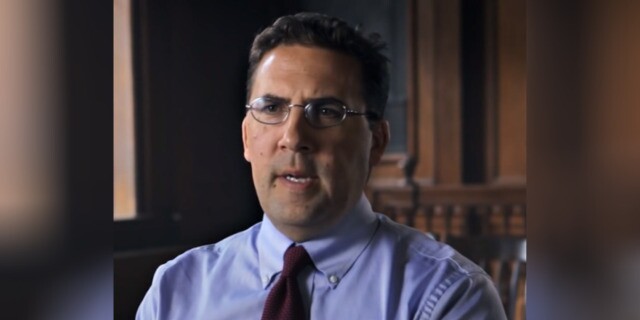In 2018, Elder Jeffrey R. Holland of the Quorum of the Twelve Apostles issued a charge to Brigham Young University’s Neal A. Maxwell Institute for Religious Scholarship to “consecrate their academic work for the broader body of Latter-day Saints.”
That charge is being answered, in part, by his own son. David F. Holland, a professor at Harvard Divinity School, is one of 12 authors of the Maxwell Institute’s new series, Brief Theological Introductions. Church News spoke with all 12 authors of the series. Holland authors Moroni: A Brief Theological Introduction.
In Holland’s volume, he explains how Moroni’s circumstances of chaos and disorder may have led Moroni to write about the opposite—order, community, and love.
“We see these Book of Mormon prophets as almost superhuman, and I think the book reads more powerfully and more clearly when we understand them as human vessels who are in tough circumstances,” Holland told Church News.
He noted the important balance Moroni had to strike between order and love, and shares what Moroni taught him about paradox.
“This is one of the challenges of discipleship—we live at the convergence of justice and mercy, and grace and works, and family and church, and now and forever. So we’re always living at the meeting point of these complementary doctrines, which sometimes feel like they’re pulling us in in multiple directions,” he said. Holland adds that Moroni shows us how “we can benefit from the complexity of the gospel—in ways that others might see as contradictory, he sees as empowering.”
Read more about Brief Theological Introductions at Church News.


